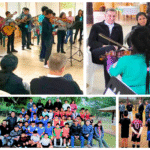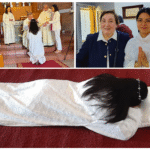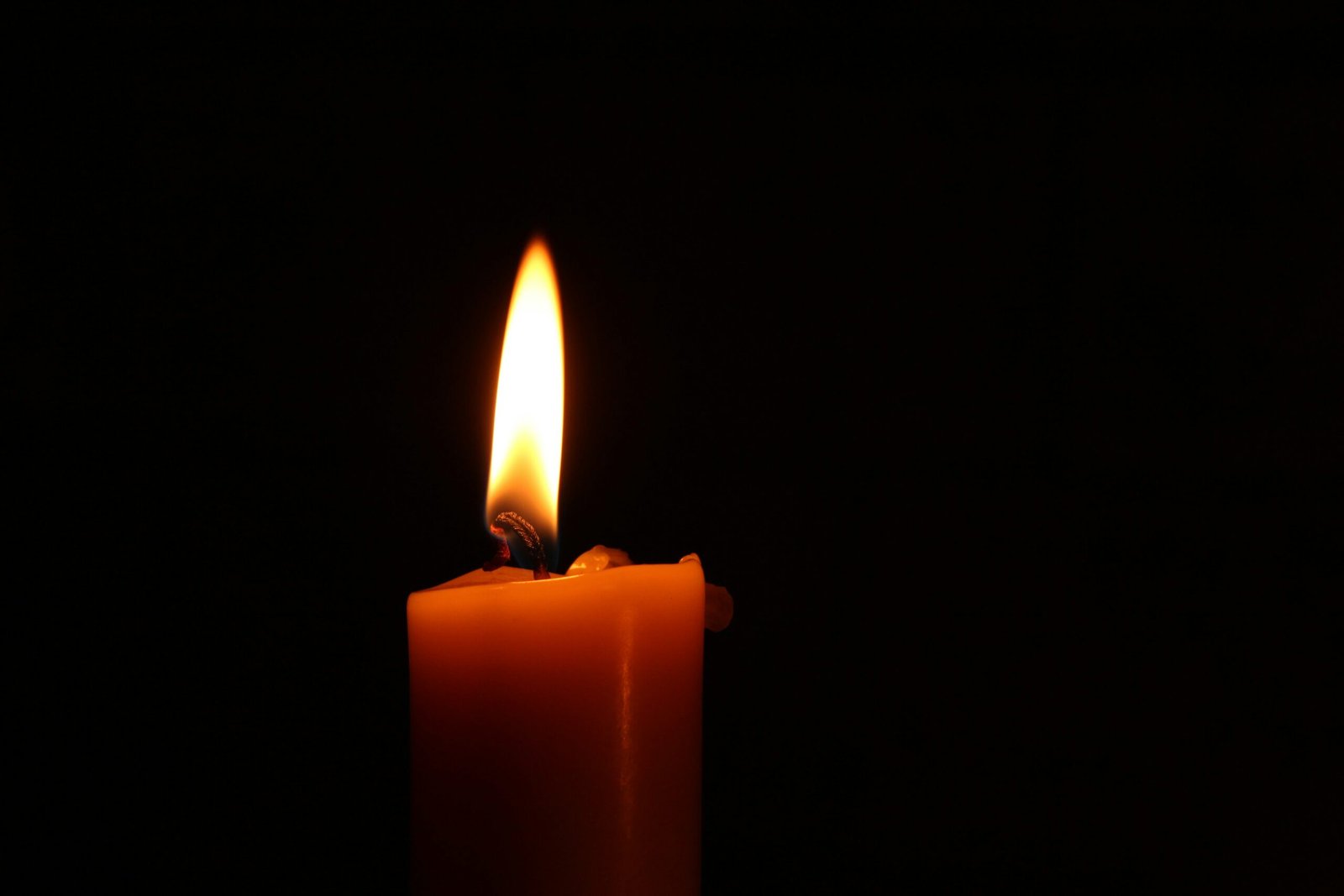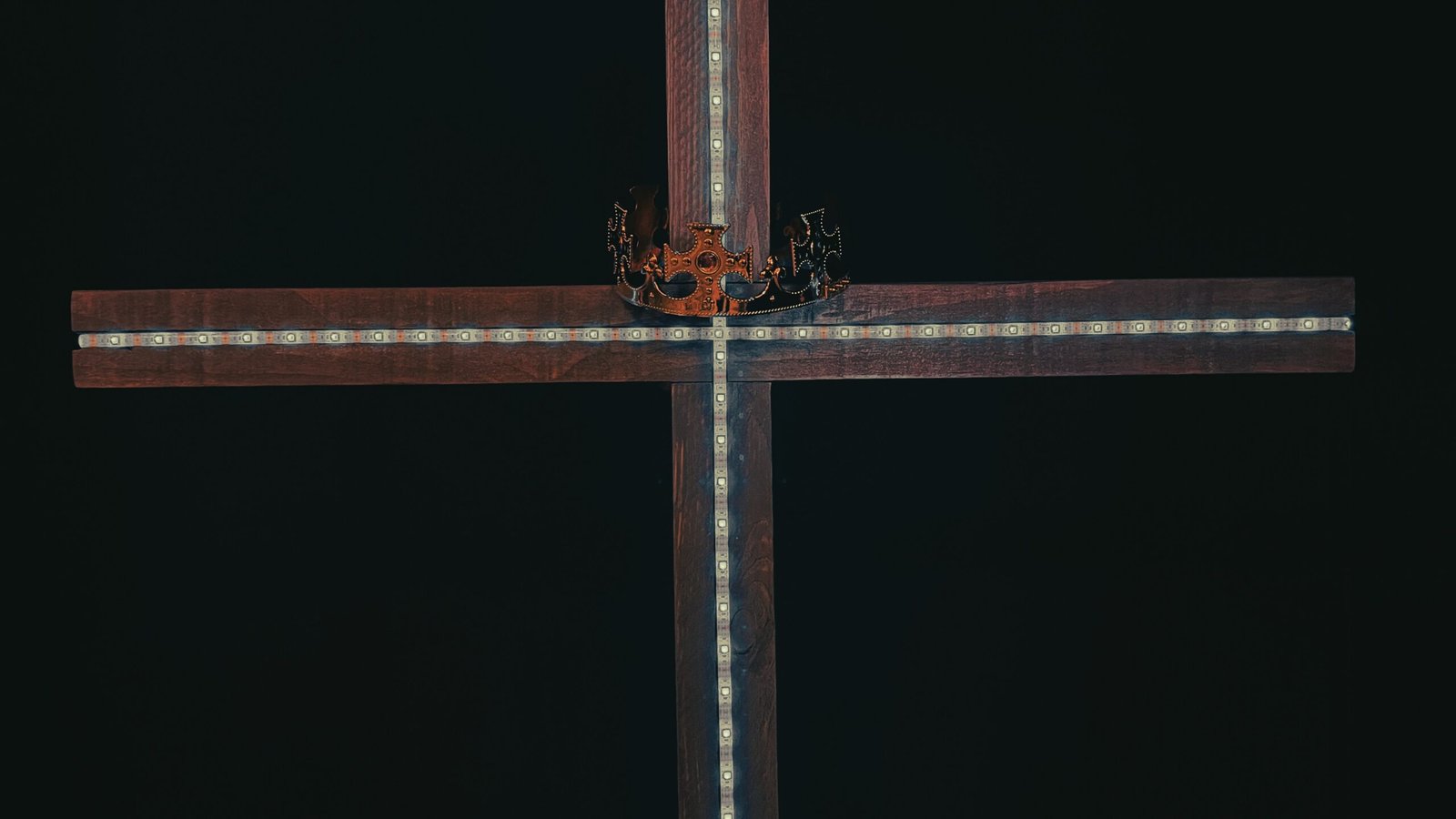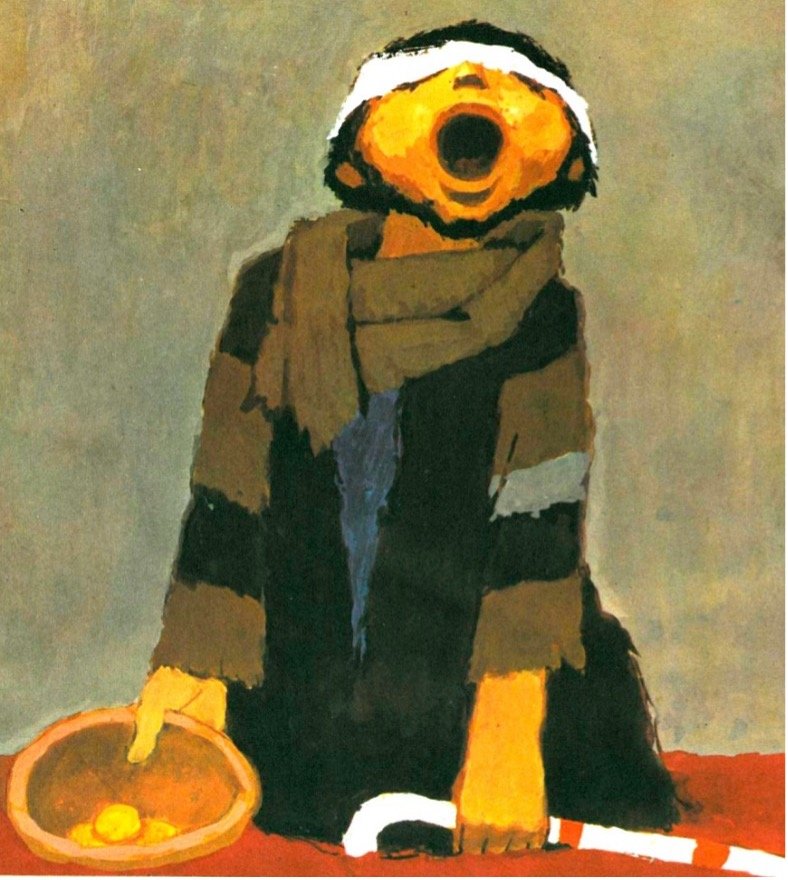
Gospel according to Saint Mark 10:46-52:
As Jesus was leaving Jericho with his disciples and a sizable crowd, Bartimaeus, a blind man, the son of Timaeus, sat by the roadside begging. On hearing that it was Jesus of Nazareth, he began to cry out and say, “Jesus, son of David, have pity on me.” And many rebuked him, telling him to be silent. But he kept calling out all the more, “Son of David, have pity on me.” Jesus stopped and said, “Call him.” So they called the blind man, saying to him, “Take courage; get up, Jesus is calling you.” He threw aside his cloak, sprang up, and came to Jesus. Jesus said to him in reply, “What do you want me to do for you?” The blind man replied to him, “Master, I want to see.” Jesus told him, “Go your way; your faith has saved you.” Immediately he received his sight and followed him on the way.
An Unexpected Encounter
Luis CASASUS President of the Idente Missionaries
Rome, October 27, 2024 | XXX Sunday in Ordinary Time
Jer 31: 7-9; Heb 5: 1-6; Mk 10: 46-52
The courage of Bartimaeus. We are not sure if the blind man that Jesus heals today in the Gospel was blind from birth, which is true of the other beggar he healed in Siloam (Jn 9: 1-41). But in both cases they were more than aware that something important was missing in their lives. The ability to see would have allowed them not only to work and move freely, but, above all, to have an authentic relationship with others.
It was not enough to receive a few coins from some compassionate passerby, but to be able to share the most intimate part of ourselves with someone. That is why today’s episode ends like this: He regained his sight and followed him on the road. The once blind beggar not only thanked him or kept a good memory of Jesus, but took advantage of having met someone who was interested in what he really wanted more than anything else.
This moment in the life of Christ and that of Bartimaeus is an accurate portrait of what the mystical life means. It is nothing exotic or intricate: We aspire to live a shared peace, that is, a beatific state and thus make ourselves available to undertake a journey with Christ, to live his affliction for those who suffer.
There is still more. The gesture of Bartimaeus, throwing off his cloak – surely with the coins that people gave him – is an image of the purification to which the Holy Spirit leads us, cleansing our soul and our spirit of what is not of God, whether morally good or bad.
The fact that loneliness is painful and sad is evident. In Genesis, Adam and Eve’s punishment for disobeying God was their exile from Eden. In Ovid’s Metamorphoses, Zeus decided to destroy men with a kind of deluge. Later, the two survivors, Deucalion and Pyrrha, managed to get the gods to turn the rocks into men, thus overcoming their loneliness. All cultures, all ages and modern science agree in recognizing the corrosive character of loneliness.
Loneliness has always existed in many human beings, but today it is a real epidemic. There is even talk today of hikikomori adults, a Japanese word that roughly means “people who escape from society”. This is a delicate matter, because it is a loneliness sought by the person, but due to an impotence to live together that has various causes, external and internal. Actually, there are many forms of loneliness, but none of them is healthy, all of them are opposite to our nature.
Bartimaeus’ courage, his desire to live a full life, his determination to go to those who could really help him, is probably the first lesson we can learn today. No doubt there would be many beggars limiting themselves to repeating the same words and surviving without dreaming of a better life, let alone helping others. Very few “lonely” people are determined to be cured, but Bartimaeus says it clearly: Lord, let me see!
—ooOoo—
Let us now learn something beautiful about Christ. It was his last journey; He was about 35 kilometers from Jerusalem and the danger and tension could be felt in everything and everyone. In any case, the Gospel text says that the Master was accompanied by a large crowd. Perhaps it contributed to this that many people were going to Jerusalem to celebrate the Passover.
Be that as it may, in the midst of his concern for the faithfulness of the disciples, for the nearness of death and for the urgency of transmitting all that he carried in his heart, he is capable of stopping and asking an insignificant person: What can I do for you? He does not give him advice or instruct him, the first thing He wants is to listen to him, that the most authentic desire of his heart comes from his lips, in that case to recover his sight; the rest was not so urgent, because he had become accustomed to subsist on the alms given to him on a route as busy as the one from Jericho to Jerusalem. Surely it was an occasion to obtain good donations, for the people felt impelled to be generous in the celebration of the Paschal feasts.
Two remarks: That is what Christ does with you and me…and that is what he asks us to do with others.
Surely we lack faith to believe that our supplication must be continuous, not something we do at supposedly special moments. The aspiring apostle knows that the Holy Spirit believes in him and expects something from him at every instant. Perhaps we do not believe in “God’s time”. Jesus was going to Jerusalem to save mankind, no more, no less. But he understands that, at that moment, at that crossroads, his Father was speaking to him through Bartimaeus. No one else imagined it, no one else believed in the presence of God in that despised soul.
We could reverse the argument of Ecclesiastes, which wisely teaches us how there is a time for every work: Everything has its proper time; there is a time for every work under heaven (Eccl 3: 1). Also every moment of our life is waiting to be filled with a response, with what seems to us a small thing, with an action that perhaps seems to us of little value, but which, if it is the Father’s will, will have a response that is as unexpected as it is certain.
Perhaps this is why Pope Francis said on the World Day of Prayer for Vocations:
Let us wake up from sleep, let us come out of indifference, let us open the bars of the prison in which we so often shut ourselves up, so that each of us can discover our own vocation in the Church and in the world and become pilgrims of hope and peacemakers. Have the courage to get involved! (21 APR 2024).
Someone who understood how our missionary spirit grows with small, daily missions, if we do them with faith and affection for our neighbor, was St. Maximilian Kolbe (1894-1941). He was a Polish Franciscan, well known for giving his life to save another prisoner when they were both in a concentration camp during World War II. In July 1941, a prisoner managed to escape. Maximilian watched as the camp commandant chose ten men to starve to death in a subway bunker to deter further escape attempts. One of the selected men, Franciszek Gajowniczek, cried out in anguish: My wife! My children! Kolbe did not know him personally; he heard his cry and volunteered to take his place.
Because of this unregulated attitude, the priest could be shot immediately or join the others chosen for condemnation, without his request being heard. However, the priest’s request was granted.
During the last days of his life, Father Kolbe was dying in cell number 18 in the basement of Block 11, where he was transferred with the other prisoners condemned to death by starvation. Prisoner memoirs record that the condemned men sang and prayed at first. After a few days, the voices coming from the cell faded away.
Father Kolbe, although already very weakened, resisted and they decided to end his life by means of a phenol injection.
But this sublime act of generosity was preceded by abundant occasions in which this saint knew how to say yes to the divine will, as he worked promoting the faith in publications, creating a radio station, serving briefly in China, India and Japan… and not always with the results he expected. All of these were steps toward a way of giving his life that he could not have imagined.
Moreover, Franciszek Gajowniczek, the man he saved with his sacrifice, dedicated his life, until his death at the age of 93, to confess his gratitude to God for life and to attest to Kolbe’s generous heroism.
—ooOoo—
Christ’s miracle today in the person of Bartimaeus is an act of profound mercy, but also a symbol of what his person represents, life. When the Gospel says that He is the light of the world, The true light, that which enlightens all humanity, was coming into the world (Jn 1: 9), it does not simply refer to a doctrine, but to the possibility of being able to walk with meaning, with hope, and never in solitude, as Bartimaeus was able to do when he was cured.
Blindness is not necessarily a malice, it is an incapacity, which represents well our condition in this world, characterized by darkness. But darkness does not expand by its own nature, it travels the road where the light has gone out. Yes; the light shines in the darkness and the darkness simply cannot prevail against it. In other words, evil persists where goodness has ceased to act; proud men lord it over those who know not who they are or what they are here for.
Every time that, with indifference, silence or passivity, we accept that our neighbor continues alone, in the small world that the ego builds for each one of us, we are hiding the light, we are allowing the darkness to advance. In the Sermon on the Mount, Jesus Christ said to the crowd gathered there: You are the light of the world. A city set on a hill cannot be hidden; neither do men light a lamp and put it under the bed, but on the lampstand, and it gives light to all who are in the house. Let your light so shine before men, that they may see your good deeds and glorify your Father who is in heaven (Mt 5:14-16). This was not a statement addressed only to those present there, but also to all who were to come after them.
May you and I not demand from God great signs, solid proofs and convincing victories.
May we learn from Bartimaeus, who simply “realized that Jesus was passing by” and decided to take a leap in his life.
May we imitate those anonymous companions who said to the blind man: Courage, get up! He is calling you.
May we walk like Bartimaeus, who did not allow himself to be defeated by those who were already satisfied with mediocrity and wanted to extinguish his emotion when he felt the presence of the Master.
_______________________________
In the Sacred Hearts of Jesus, Mary and Joseph,
Luis CASASUS
President






